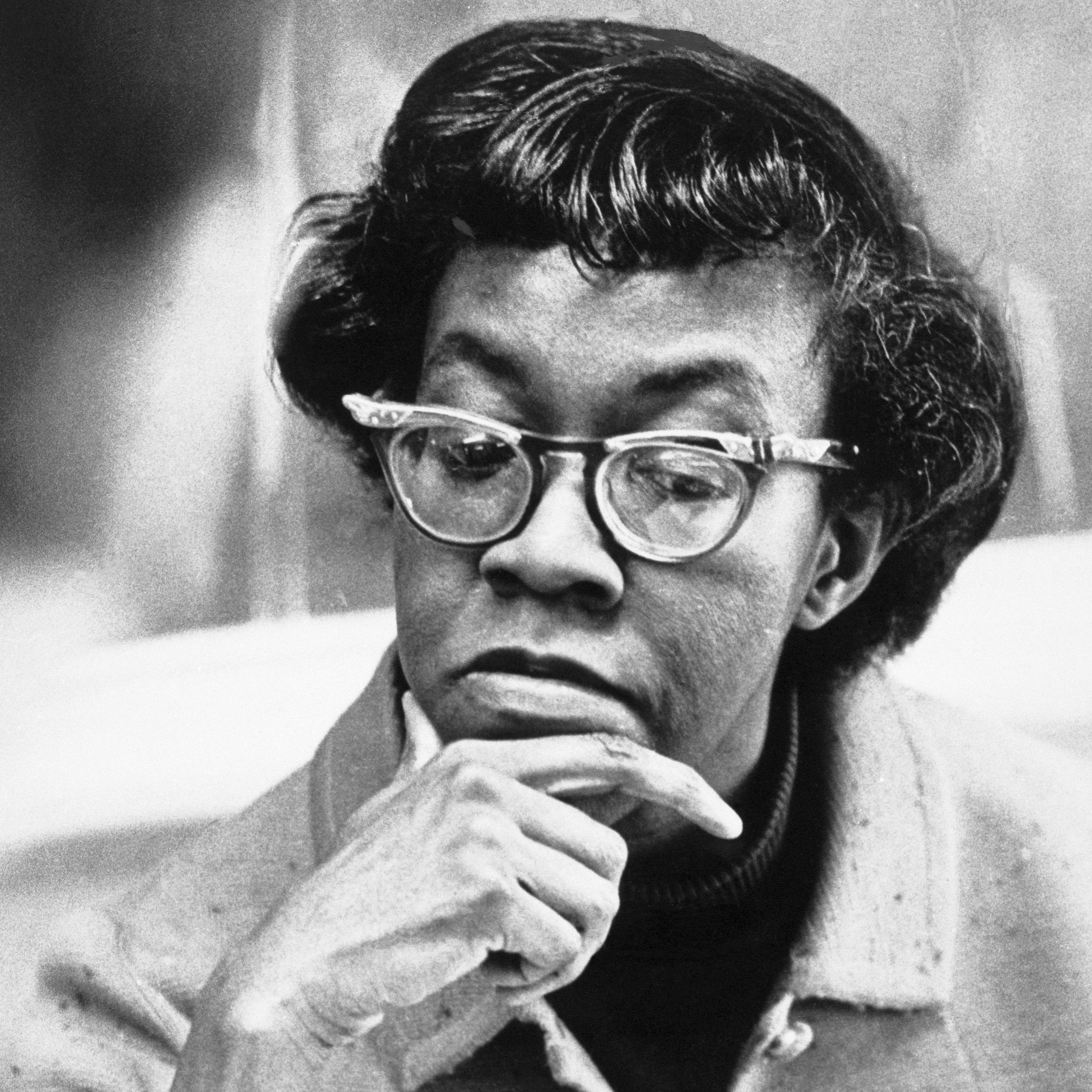To Marc Crawford
from whom the commission
Whose broken window is a cry of art
(success, that winks aware
as elegance, as a treasonable faith)
is raw: is sonic: is old-eyed première.
Our beautiful flaw and terrible ornament.
Our barbarous and metal little man.
“I shall create! If not a note, a hole.
If not an overture, a desecration.”
Full of pepper and light
and Salt and night and cargoes.
“Don’t go down the plank
if you see there’s no extension.
Each to his grief, each to
his loneliness and fidgety revenge.
Nobody knew where I was and now I am no longer there.”
The only sanity is a cup of tea.
The music is in minors.
Each one other
is having different weather.
“It was you, it was you who threw away my name!
And this is everything I have for me.”
Who has not Congress, lobster, love, luau,
the Regency Room, the Statue of Liberty,
runs. A sloppy amalgamation.
A mistake.
A cliff.
A hymn, a snare, and an exceeding sun.
Published:
1987
Length:
Regular
Literary Movements:
Black Arts Movement
Anthology Years:
2021
Themes:
Politics
Literary Devices:
Alliteration
the repetition of the same letter or sound at the beginning of words appearing in succession
Dialogue
conversation between two or more people as a feature of a book, play, or movie
Epigraph
a short quotation or saying at the beginning of a book or chapter, intended to suggest its theme
Juxtaposition
the fact of two things being seen or placed close together with contrasting effect

